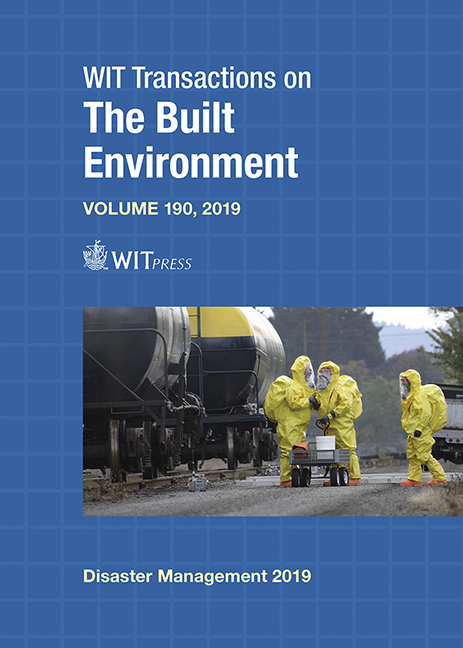HURRICANE HARVEY UNSTRAPPED: EXPERIENCING ADAPTIVE TENSIONS ON THE EDGE OF CHAOS
Author(s)
MAGDALENA ANNA DENHAM, NATALIE BAKER
Abstract
This paper is based on the analysis of data collected as part of a research conducted through National Science Foundation (NSF) grant 1760504 – RAPID: Disaster Preparedness and Response within Communities Affected by Hurricane Harvey. Our co-autoethnographic study focused on response and short-term recovery in Hurricane Harvey. It consisted of in-depth interviews conducted with emergency management officials, first responders, members of non-governmental organizations, civic leaders, spontaneous volunteers, and flooding victims coupled with an analysis of Crowdsource (spontaneously created virtual platform for citizens’ response) data. Our results point to the phenomenon of unstrapping identified across standard operating procedures, organizational arrangements, formal communication flows, formal emergency management processes, and resource utilization protocols. While unstrapping has been evidenced in our study to be perceived as threatening by emergency management and response entities, we adapt a complexity-informed worldview to propose unstrapping representing natural processes inherent to complex adaptive systems. Our study highlights unpredictability and change in human and organizational systems and give rise to self-organization, self-regulation that ultimately gives rise to resilience and adaptability. Implications for emergency management and policy are discussed.
Keywords
emergency management, disaster preparedness, complex adaptive systems, response, short-term recovery, resilience, Hurricane Harvey, emergence, self-organization, co-autoethnography





